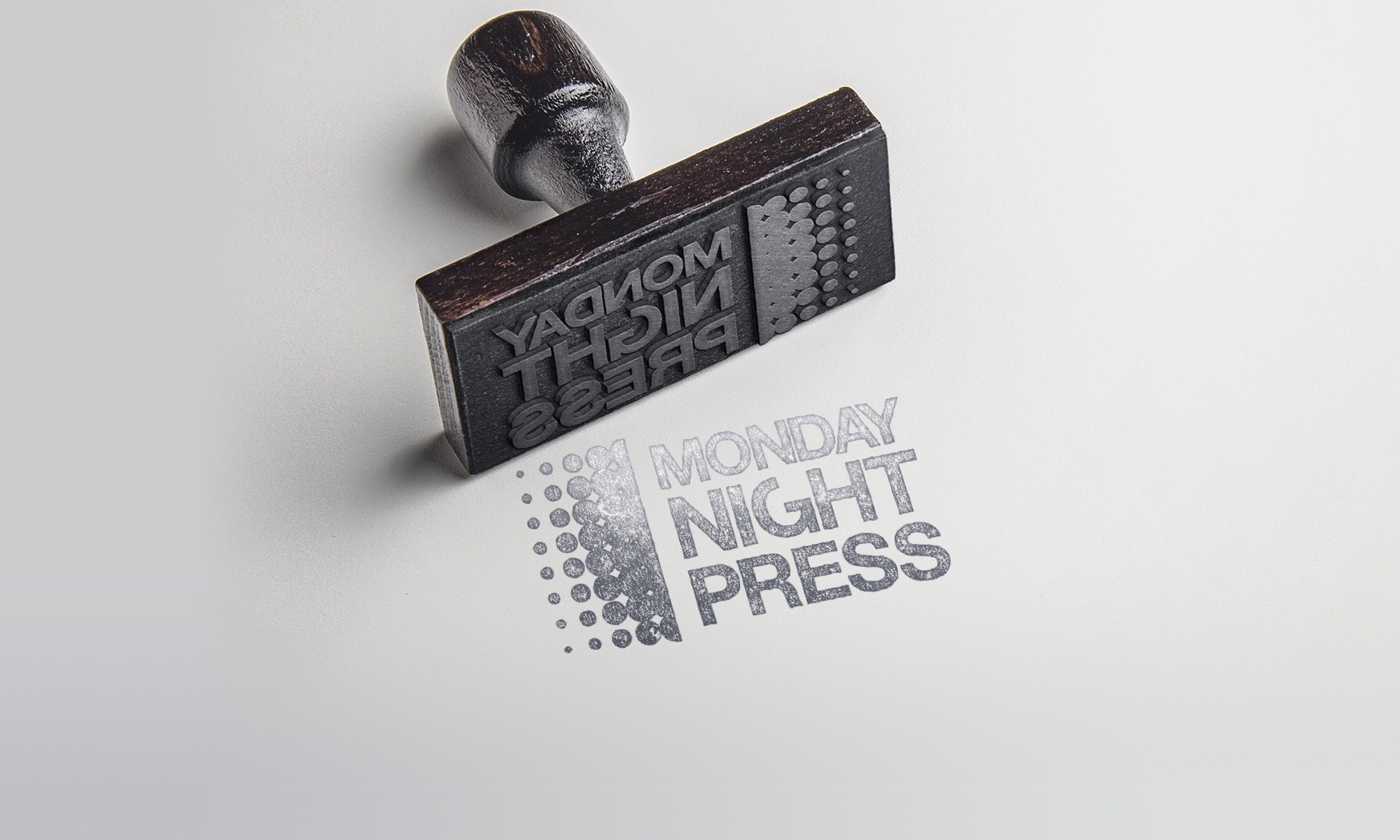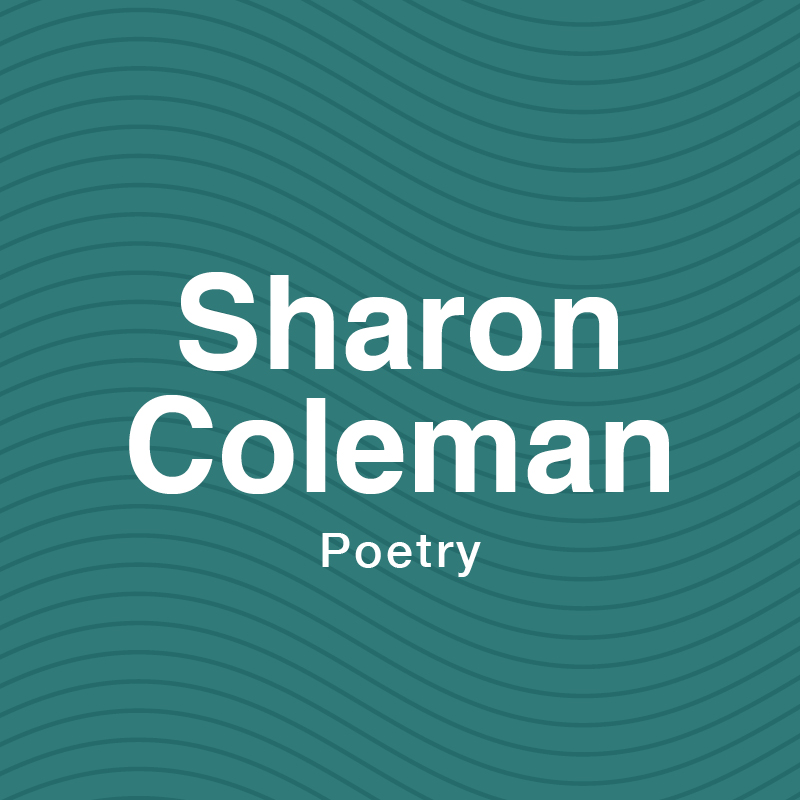Light rain dampens the already soaked earth. Wet air muffles the force of passing cars.
I walk stiff-legged along the roadside, glimpsed by eyes behind windshields.
I return home with vegetables and tea.
On the gas stove inside, water boils for a single cup. A workman knocks.
He’s come to pick up an oxygen tank from our neighbor, who’s dying slowly.
Our neighbor’s gone up north where a friend watches over him—alone for decades, now he
must be attended morning to night.
With his key, I unlock his door. Inside, musty air dulls my lungs. I cannot wait to lock
his door again.
When I sit with the steaming tea, the phone rings. Ines, from next door.
Her eighty-three years are decades beyond the dying man’s.
Her voice bubbles, wavers as she asks about him, about the holiday plate she gave us,
if she forgot to lift off the tag.
We should always remember her, she says, when we eat from that plate, deep red and
with holly.
I place our neighbor’s mail in a large envelope to send to him, then forget twice before I do.
When light rain falls, the soil shines grey. When light fades further, I know you’ll be home.
The cat follows sunlight from window to window in winter.
I curl into your heat at night—coil into your arms, press into the radiant wall of your back.
You say you know our neighbor only from odd conversations, a kind of offhand trust.
He’d chat with neighbors but only let you know about his illness, misdiagnosed for a year.
Tonight, you press your face into my curly damp hairs, turn exhaustion into electricity
across my core.
My limbs shimmer twice, breath caught, then our heated bodies glow together.
We lie in each other’s sweaty arms and breathe in the chilled air.
We sleep like we’ll sleep our last night together: that neither should wake to the other one cold.
This week clouds cover the sky for days, pressing damp air into us.
This week the cat sleeps in the cold basement on clothes that smell like you.
We drive inland: a high bridge over the San Joaquin delta, small open hands of dry mustard,
moss-covered barns.
Cut corn, old tires, Italian cypress, loops of barbed wire—everything in weathered rows.
Eucalypti bend in rain-flooded fields.
Egrets wade between furrows—one stops, pokes through its watery likeness to pull out
a writhing being.
A brown hawk, low in the cut stalks, scans the chance of a mouse.
When the hawk takes flight, egrets wait motionless, even though larger than what this hawk
can take.
A raptor’s shadow grazes the light current of flooded fields. Its hunger, a singular gaze, skims
the white birds who stand so far apart.
In last summer’s field, a worn man sat naked in his tractor, scanned the field for lies to tell
neighbors about his eighty years.
He plants fields beyond abundance, then rips out roots of fruit trees his children love.
He once shot at a cat for stealing his steak, threw the cat howling at his dogs.
He won’t remarry—years after his wife’s death from botched surgery—too ill to live alone.
His son’s moved away again, this time not far but in secret.
His daughter, Julia, returns from a year alone by a Minnesota lake with her newborn.
She wades between rows of olive trees, her fingers consider their emerging fruits.
Today she chances a highway of big rigs to meet us.
We sit in a bistro and wait, pass back and forth the toy we brought for her child.
The dim high ceiling swallows its dusty lights, sinks words back into my throat.
You carry our conversation until whiskey warms the words again.
We wait an hour, maybe less.
When Julia arrives, her smile’s lighter than when she was at her father’s.
She says her father thinks his grandchild’s smart because the baby only laughs at his threats.
We feast on fish, rice, ice cream—our eyes pool in laughter.
We drive back over a high bridge that stretches night over the delta.
Nothing to glimpse but headlights and road. Nothing to lean our thoughts against.
You check the speed and speak of how calm Julia speaks, caring for her child.
Alone with her daughter—she says, she can think clearly like she’s never been able to before.
We speak of her lover she sent away after their daughter was born.
We don’t speak of her miscarriage two years before.
Julia, who believed in our marriage before we did.
I look into where must be fields and think when we die, how our heavens and hells will die
with us.
Two weeks pass. Our neighbor returns from the north, stronger and alone as he’s always lived.
Ines is pleased he’s come back. She can give him a holiday plate, deep red and with holly.
When I see her peering past her window, I imagine someone packing the plate into a crate
when he is gone.
Stork-like thin, he walks daily down the block and back, with cane and oxygen.
Sometimes I open the door, and he’s sitting on our steps, scanning traffic.
When he leaves, I take his place, try to listen to passing cars as if I’ve never heard them
before—
I think how last month you stepped under branches into our yard, startled by rising wings—
a squirrel’s red-brown tail gone limp trailed its ascent.
How a day ago Julia missed her father’s last hour when he reached for someone and
held the cool arm of a nurse, then let go.
Sharon Coleman’s a fifth-generation Northern Californian with a penchant for languages and their entangled word roots. She writes for Poetry Flash, co-curates the reading series Lyrics & Dirges and co-directs the Berkeley Poetry Festival. She’s the author of a chapbook of poetry, Half Circle (Finishing Line), and a book of micro-fiction, Paris Blinks (Paper Press). Her work appears in Your Impossible Voice, White Stag, and Ambush Review. She’s been nominated twice for a Pushcart and once for a micro award for blink fiction. She was a finalist for the Luso-American Fellowship for the Disquiet Literary Conference in Lisbon and the Jane Underwood poetry prize. She teaches poetry and creative writing at Berkeley City College.


